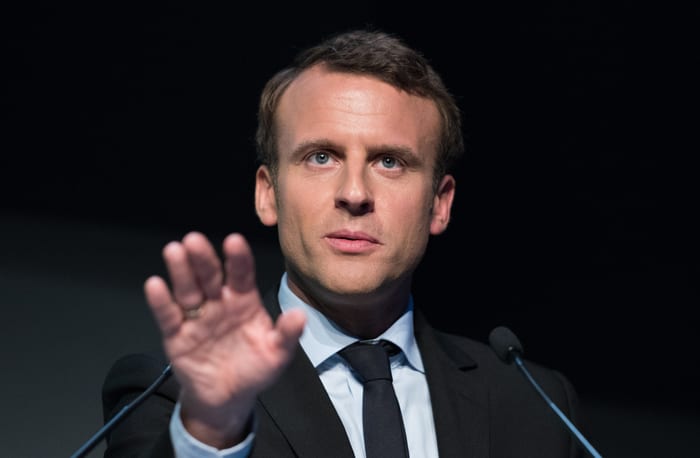US And France Reportedly Reach Digital Tax Deal

French President Emmanuel Macron said at a press conference on Monday (Aug. 26) that France and the U.S. have reached a deal to end the standoff over a French tax on big internet companies, The Hill reported.
Macron also took to Twitter: “Some digital players pay very little tax. This is an injustice that destroys jobs. @realDonaldTrump and I have just agreed to work together on an agreement at the @OECD level to modernize international tax rules. #G7Biarritz”
Earlier this year, France passed a law that would tax revenues earned on digital services at 3 percent. In response, President Donald Trump said he would retaliate with tariffs.
As Macron told reporters, companies that pay the tax would be able to deduct the amount when a new international deal on taxing internet companies is forged next year.
“We’ve done a lot of work on the bilateral basis; we have a deal to overcome the difficulties between us,” Macron told reporters, speaking alongside President Trump at the end of a G7 summit in southwestern France. “The idea is that we need to find a joint agreement in order to address joint international problems. And the situation right now is very negative, and the international tax system definitely needs to be modernized, and I think we will work together in a spirit of cooperation on this.”
The Organization of Economic Cooperation and Development (OECD), an intergovernmental economic organization, is hoping to find an answer to the digital economy’s tax challenges by the end of 2020.
The French tax would have affected over 30 different firms such as Alphabet, Facebook, Apple, Amazon and Microsoft. Any digital firm with revenues exceeding $750 million with a minimum of $28 million generated in France. The 3 percent tax would be on sales in the nation, not profits. At the same time, it was noted that the tax would be applied retroactively from the start of the year.
While an investigation by the United States seeks to determine if the measure unfairly targets U.S. firms, France claims the tax’s aim is to make sure these firms are paying their fair share in nations where they lack a big physical presence.